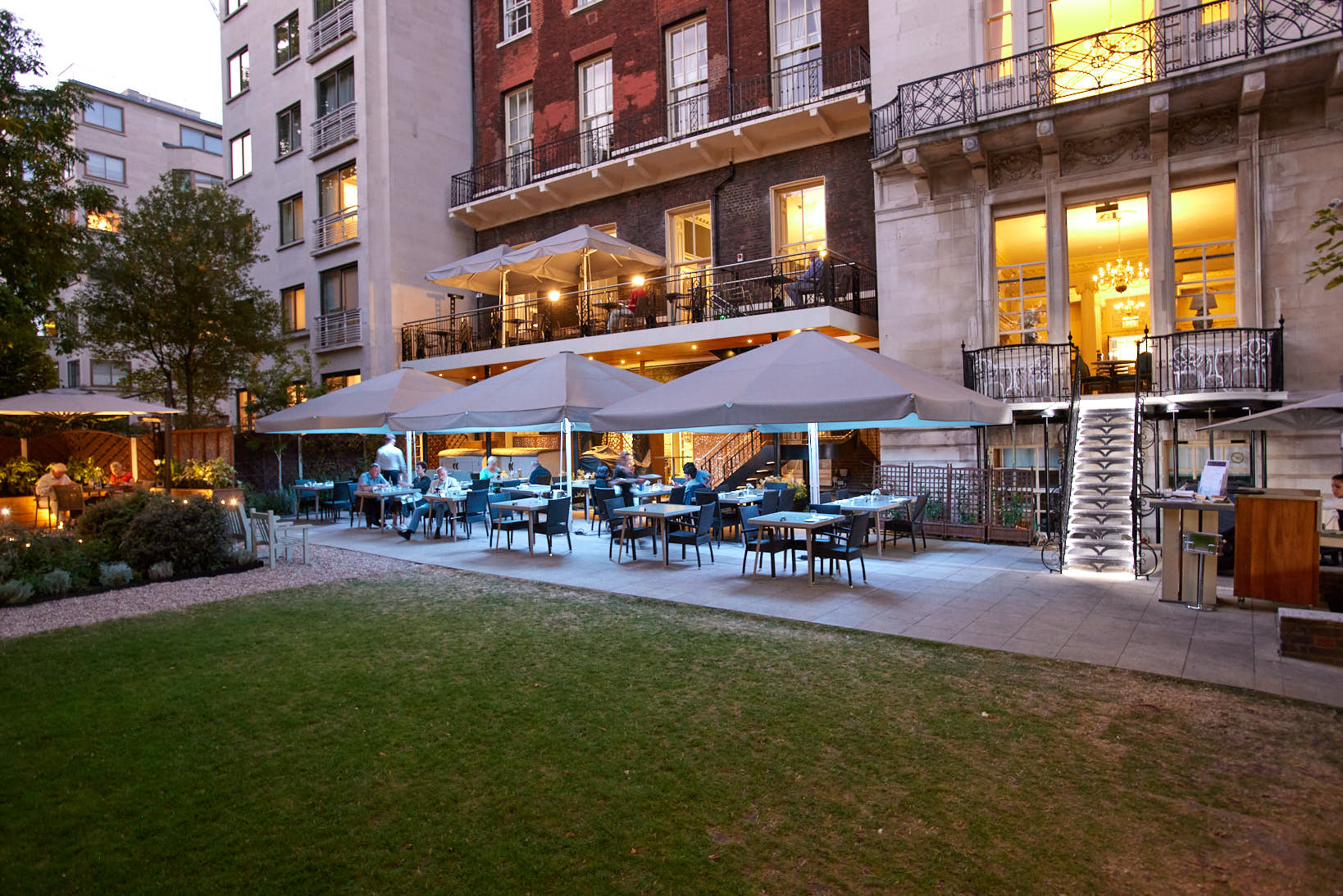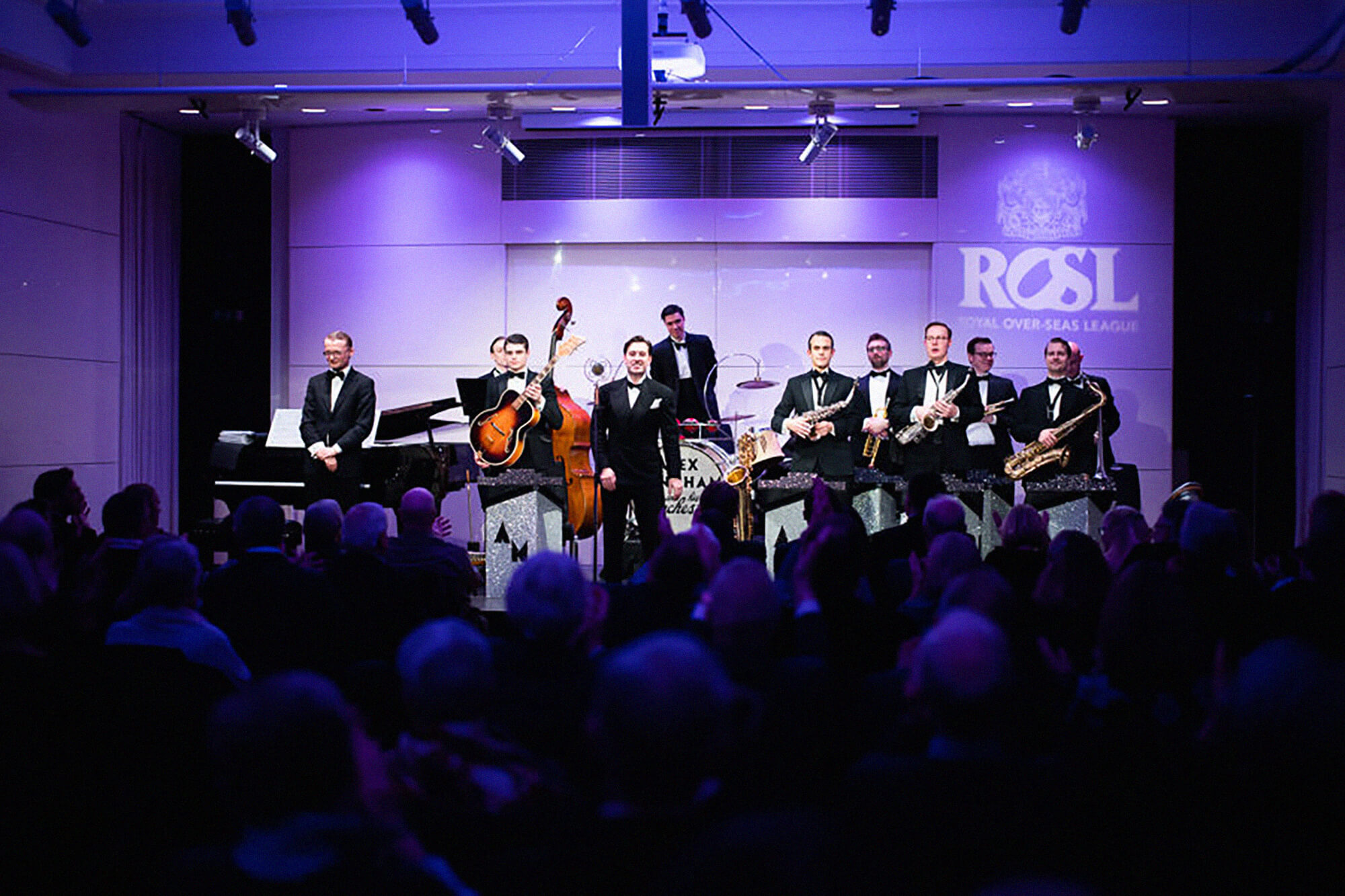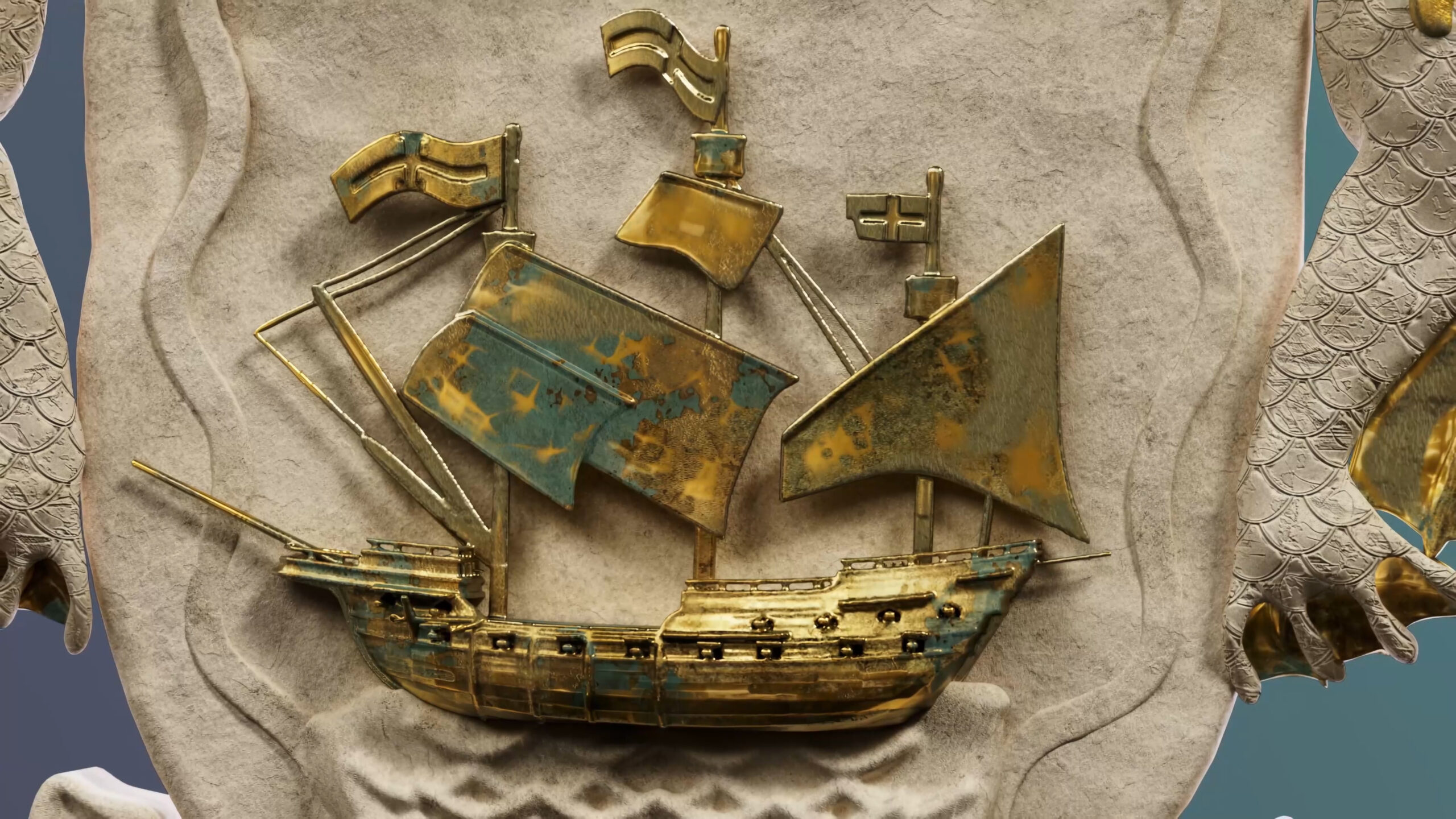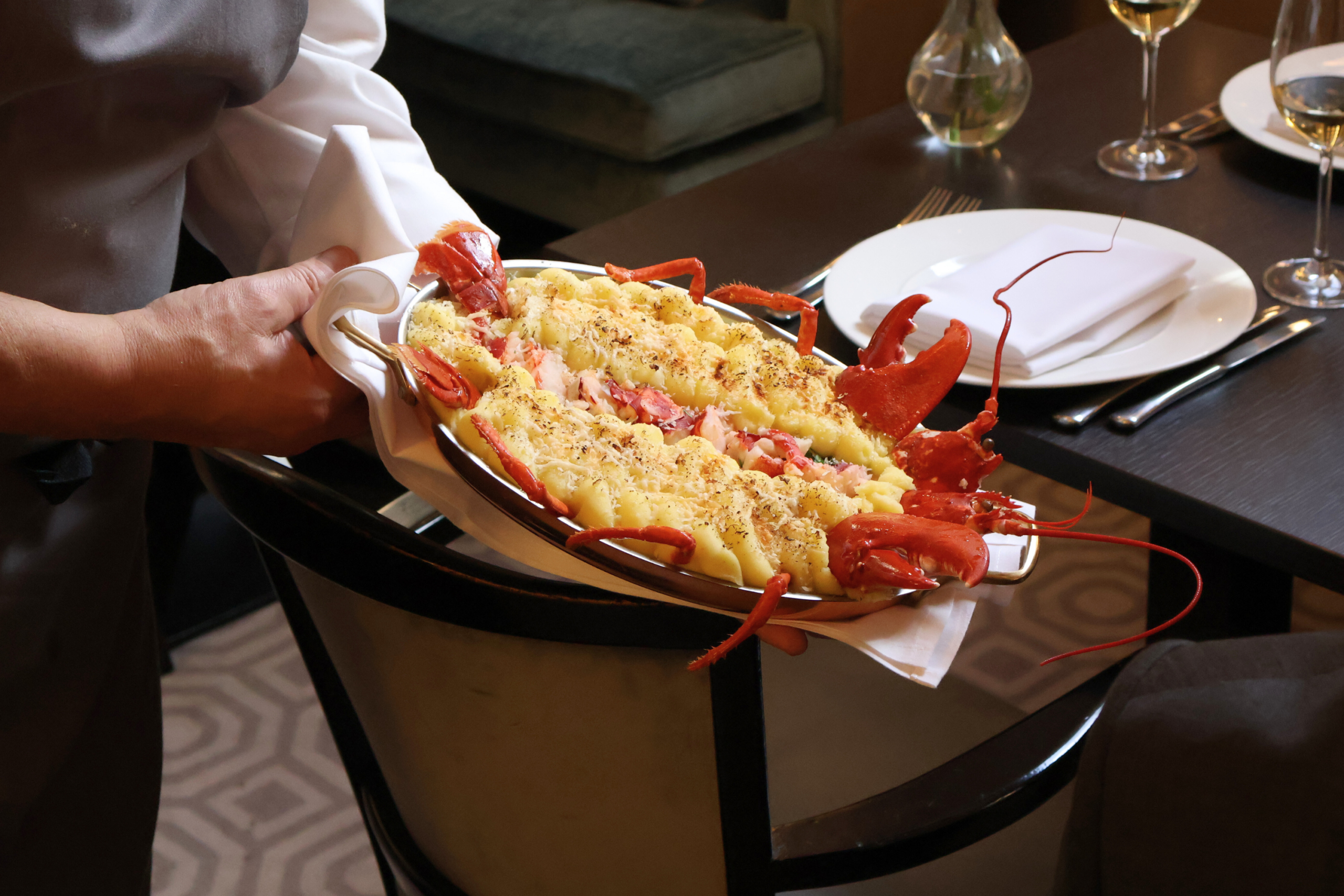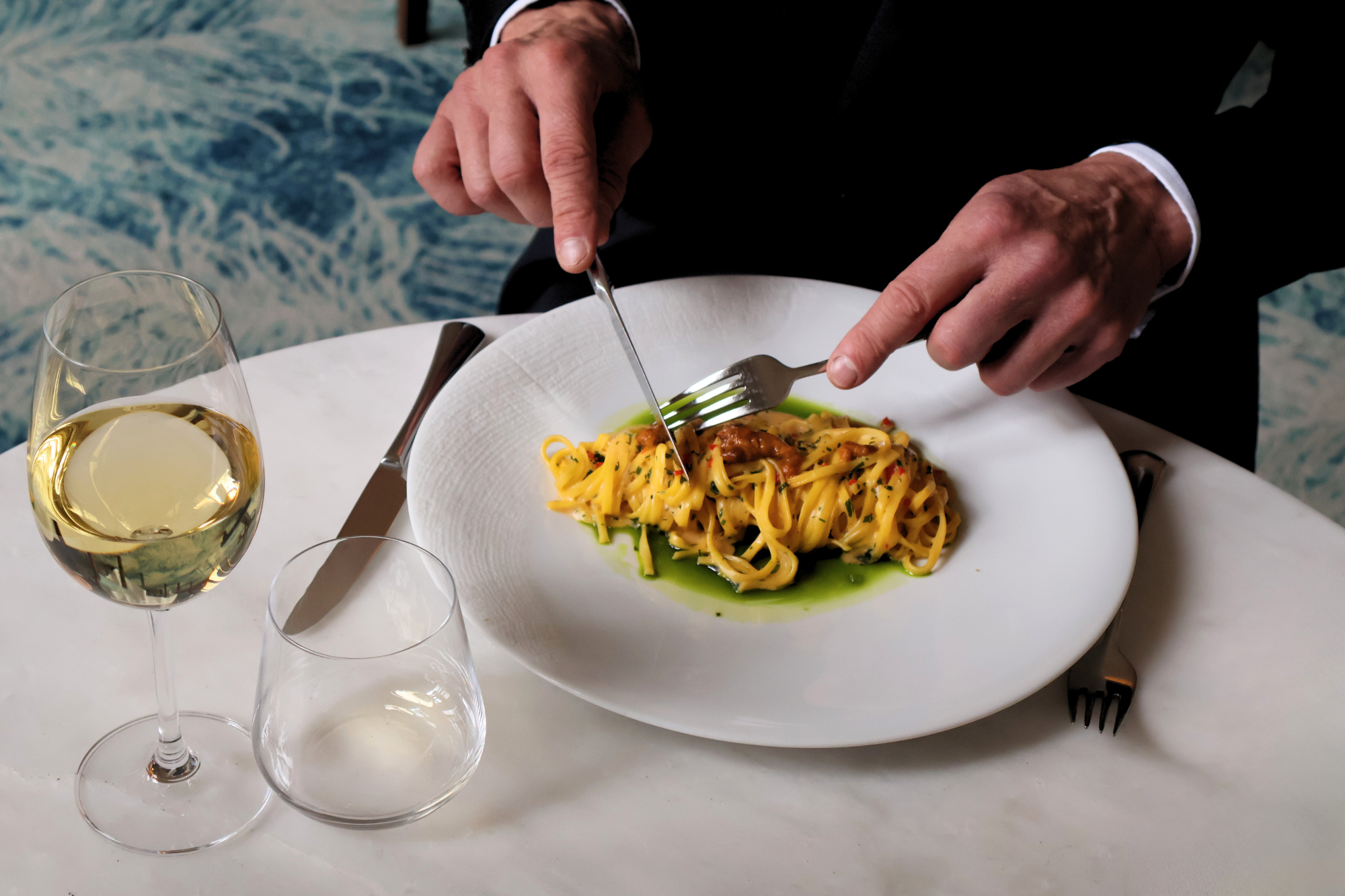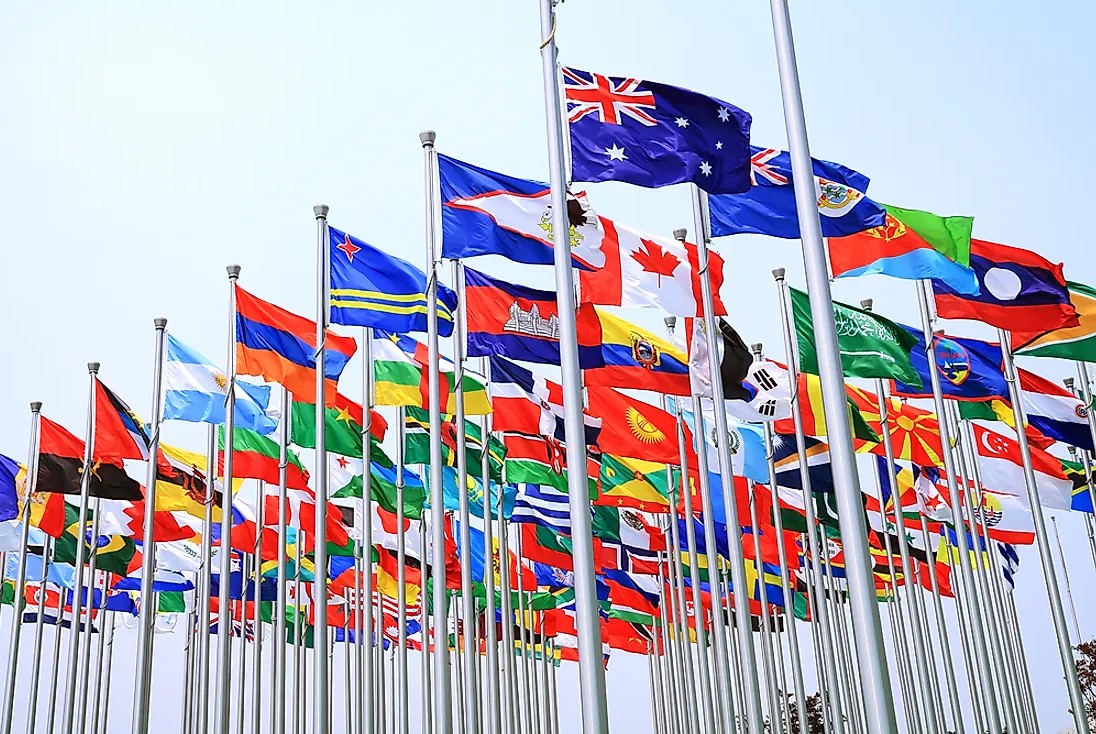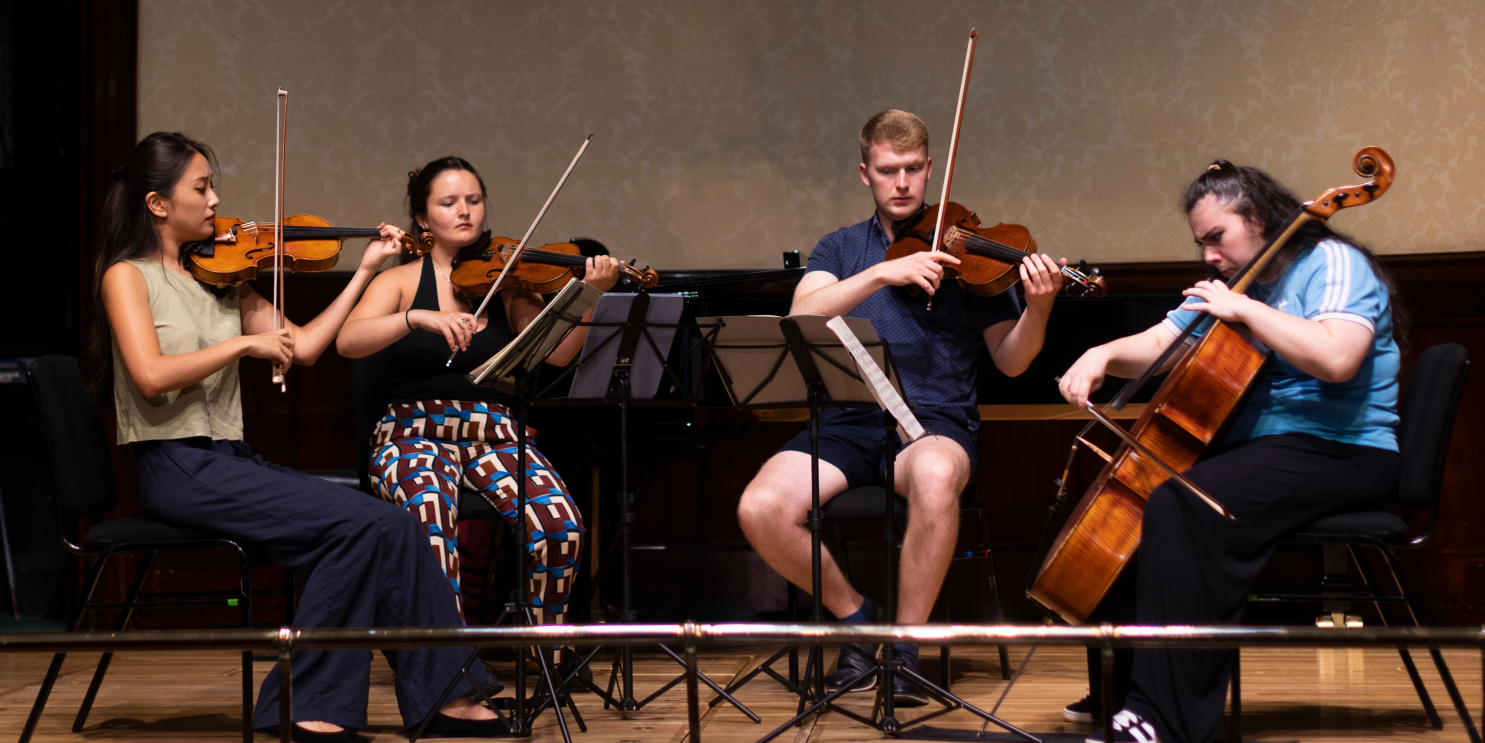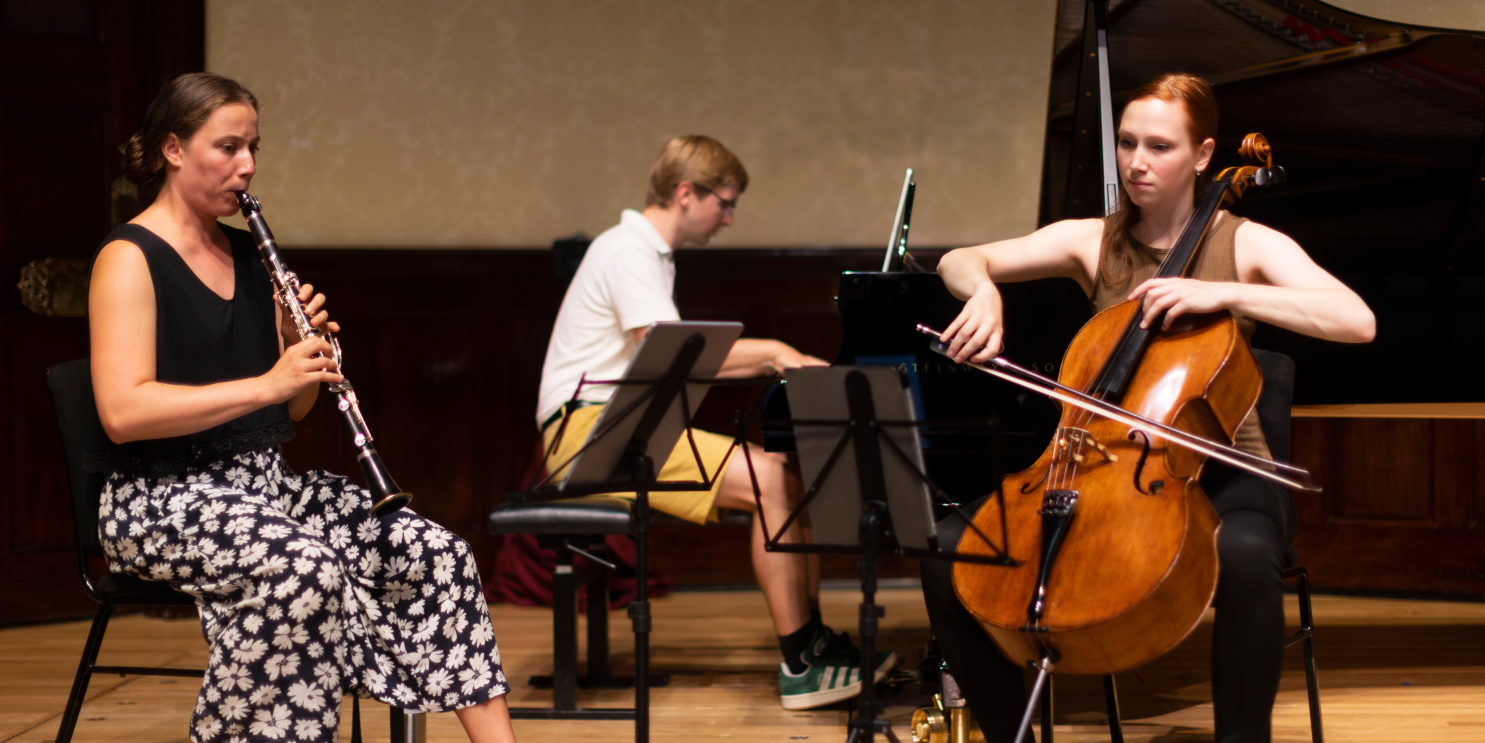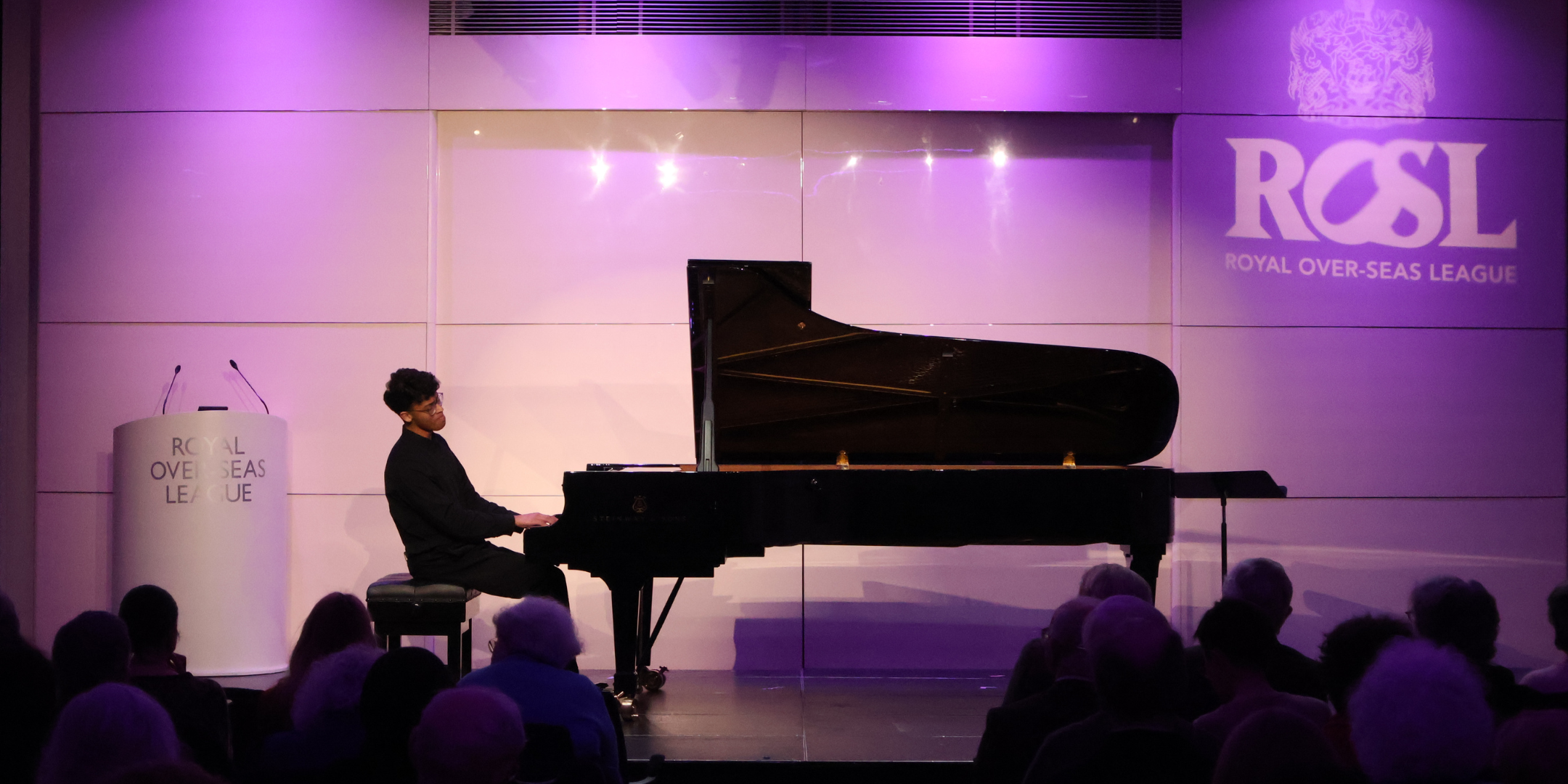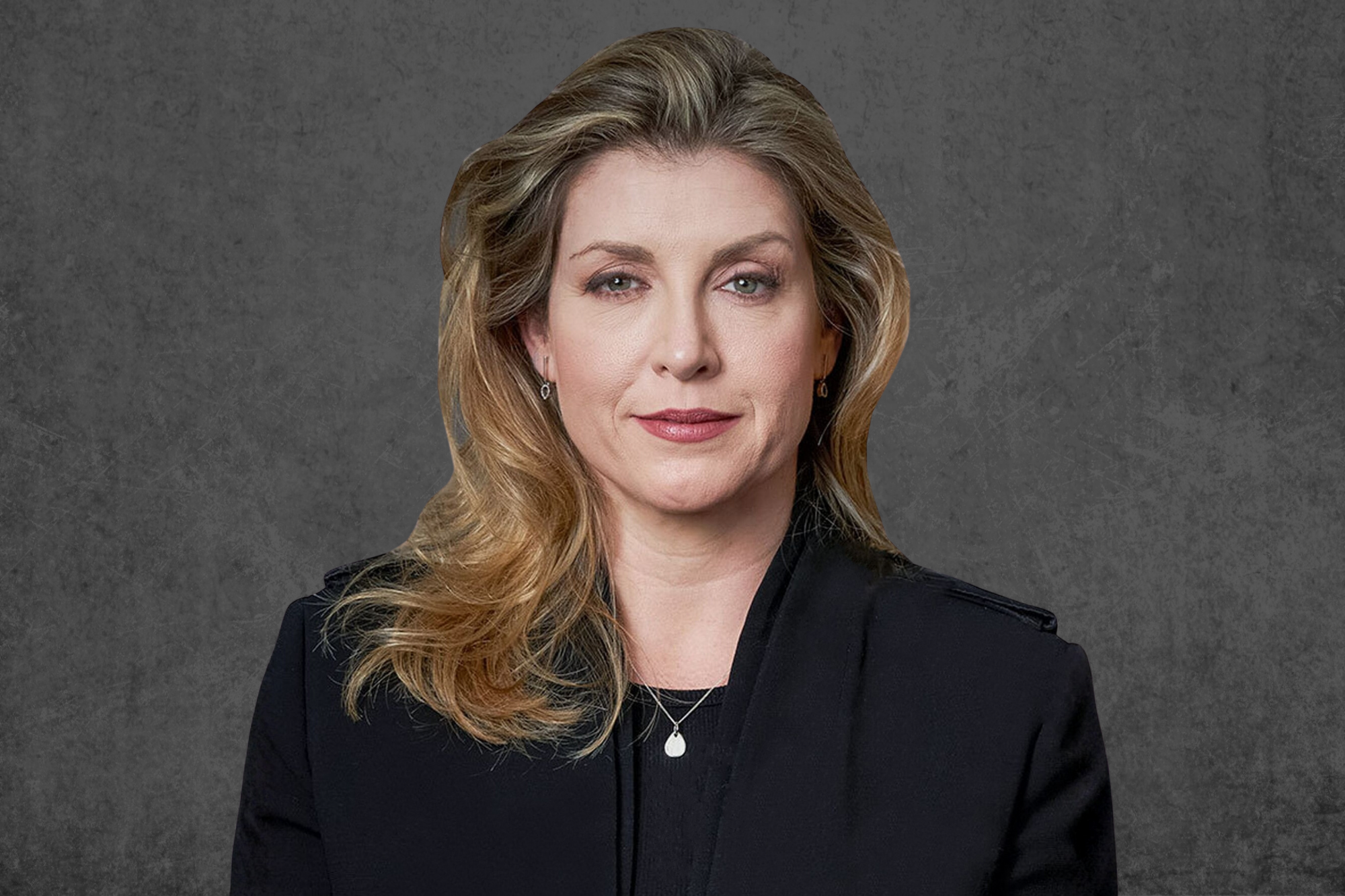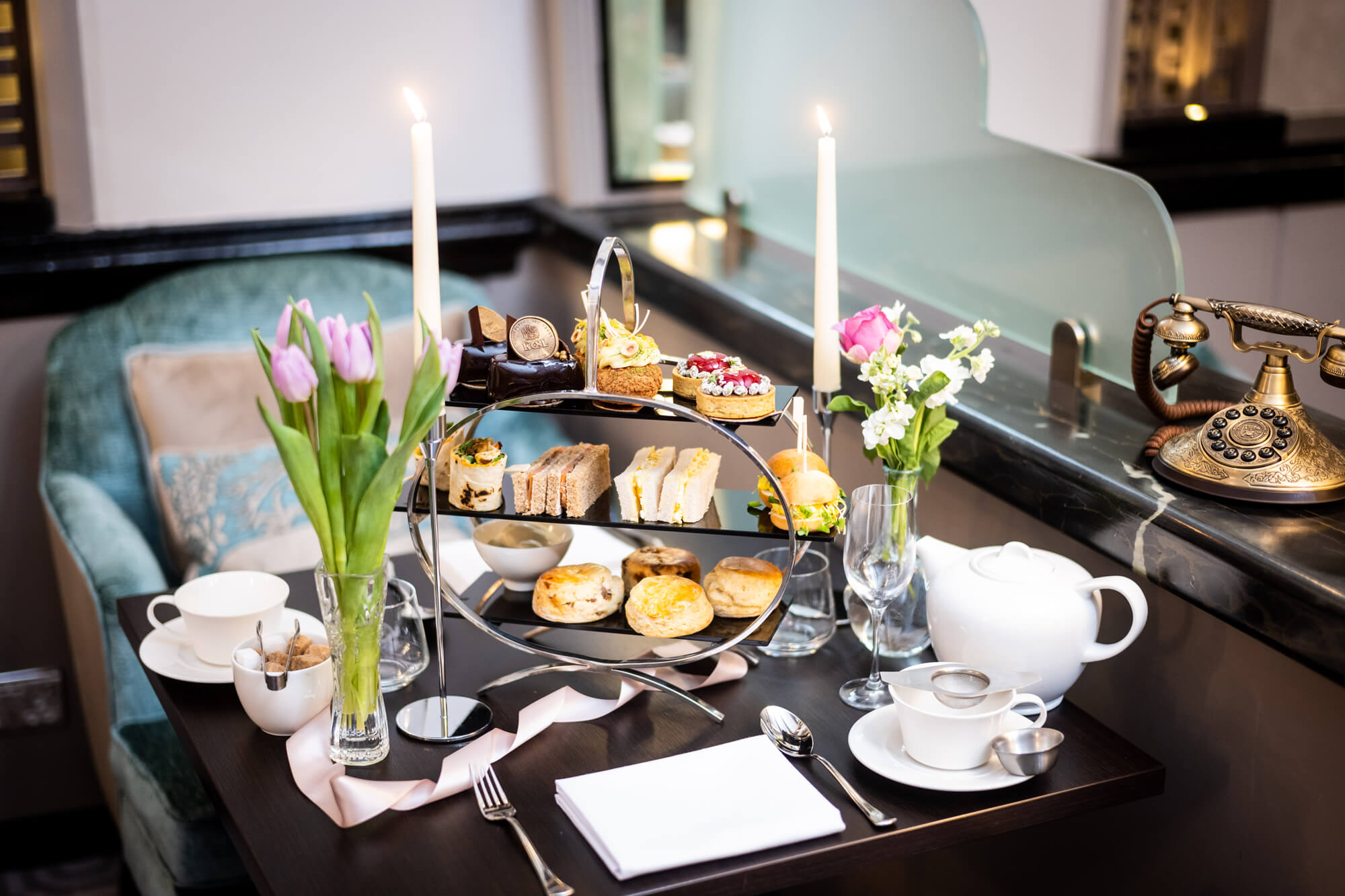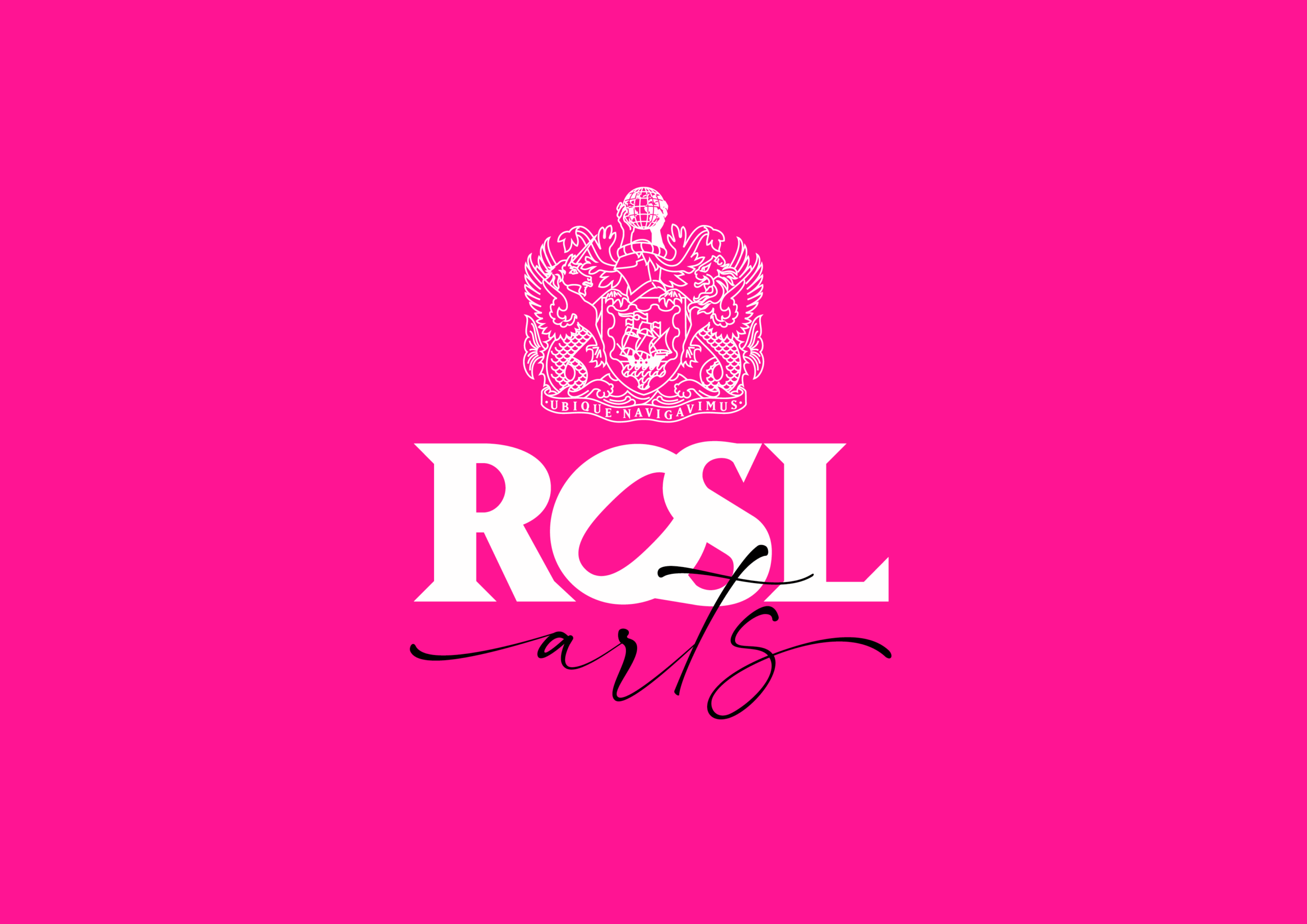- About Us
- Membership
- What’s On
- ROSL Events
- About Club Events
- Public Affairs
- Calendar of Events
-
Upcoming Events
-
Strings Section Final 2026
Tue. 03 March - 19:00
![ROSL_Arts_Events__2026_Music_Competition_Strings]()
-
British Pie Week Menu
Wed. 04 March - 12:00
![British Pie Week 2026 lobster]()
-
Commonwealth Menu
Mon. 09 March - 12:00
![commonwealth-menu-2025-1]()
-
Commonwealth Day Celebration 2026
Mon. 09 March - 12:00
![Commonwealth]()
-
String and Keyboard Ensembles Section Final 2026
Tue. 10 March - 19:00
![ROSL_Arts_Events__2026_Music_Competition_String_Ensembles]()
-
Mixed Ensembles Section Final 2026
Tue. 17 March - 19:00
![ROSL_Arts_Events__2026_Music_Competition_Mixed_Ensembles]()
-
Overseas Awards 2026
Tue. 24 March - 19:00
![ROSL_Arts_Events__2026_Music_Competition_Overseas]()
-
Public Affairs Series: Dame Penny Mordaunt
Tue. 31 March - 18:30
![Dame Penny Mordaunt]()
-
Global Expressions of Riesling: A Guided Wine Tasting with Dr Enno Lippold & James Leach
Thu. 16 April - 18:45
![global-expressions-riesling-tasting]()
-
Piano recital with Martin James Bartlett
Fri. 24 April - 18:30
![Martin_James_Bartlett_MMSOL_Arts_Events]()
-
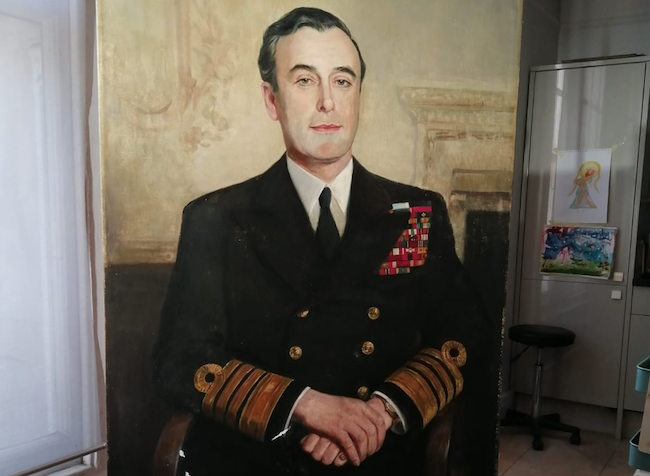
Lord Mountbatten
From the Archives: Lord Mountbatten
13 December 2018
Serving as ROSL President from 1942 until his death, this article from the December 1942 edition of Overseas by Hector Bolitho, introduces him to members.
Lord Louis Mountbatten, Vice Admiral, Air Vice-Marshal and Lieutenant-General – drawing the functions of Navy, Air Force and Army into Combined Operations with these three ranks, is a remarkable man who has fulfilled both his inheritance and his own promise.
His cousin, the present King, once made a speech, when he was in his teens. He said: “To my mind a great leader must possess three great qualities – personality, sympathy and, above all, idealism. Nobody can lead unless he has the gift of vision and the desire in his soul to leave things in the world a little better than he found them.”
I do no think it is an exaggeration to say that our new President stands for the fulfilment of this order.
He inherits two great qualities with his blood. Courage is the first. One recall his great grandmother Queen Victoria, when a miscreant shot at her. She was very old then. She held the revolver in her hand afterwards and counted the bullets. That element of courage has not faded through four generations.
the second quality Lord Louis Mountbatten inherits is from his father who love the seas and who was a sailor to the core.
Lord Mountbatten evaded the limelight during his early years. He went into the Navy when he was 13. He was a midshipman during the last war, and when it ended he toured the world with the Prince of Wales.
I remember travelling through New Zealand with him on that romantic conquest, when our eyes were fixed on the Prince rather than those who followed him. But Lord Mountbatten had great charm and a certain austere sense of duty which, in leisure, would break into a great talent for pleasure.
It was not until about 1934 that the newspapers began to take much notice of him. I read in a cutting from one London paper published at that time that he was “the best-liked of all our minor royals” and that he invented “ingenious mechanical gadgets.”
Lord Louis was serving in Malta in 1934, and in November he went to the China Sea. In the following year, it was announced that he had invented an “improved navigational ruler” which was patented. The steps of his career were quick and brilliant. In July of 1936 he came ahore and was appointed for duty with the Director of the Naval Air Division.
In May of 1939, Lord Louis emerged into public notice, not only as a prince, but as a sailor standing upon his own merits. He was appointed a captain, at 37 – the youngest to be appointed since the last war. Then he was gazetted to command HMS Kelly.
Then came the tumult of the war, and the first sign of the courage that was illuminated his knowledge when the time cam.e In October of 1939 he helped to rescue a friend from drowning.
When the war was almost a year old, Lord Louis was mentioned in dispatches “for courage, initiative and devotion to duty,” and from that time it was clear that he was to be one of the gallanet celebrities of the time. We read in a newspaper in October 1940 “The King’s cousin is rapidly gaining a reputation as one of the most brilliant and able officers of this war.”
His advance in rank has been won through endless experiences. He was in HMS Javelin when it was hit by a torpedo. Then came the adventures which are supposed to be the basis Noel Coward’s powerful and sensitive film In Which We Serve. Lord Louis was commanding HMS Kelly when the Germans claimed to have sunk her. It was untrue. “Thanks to the seamanship of Captain Lord Louis Mountbatten, one of the Navy’s newest destroyers, the Kelly, is back in service after Germans claimed her sunk,” the newspapers announced in December 1940.
But the Kelly finally sank under German fire in May of 1941. It is this tragedy which Noel Coward has used as the core of his story – a moving and terrible revelation of what sailors’ courage can me.
Lord Louis was saved and he returned to England. His next appointment was to command the Aircraft Carrier Illustrious. But those who sit in high places soon realised that he had the diversity of gifts and the will to direct the Commandos. In April of this year, Lord Louis was appointed to command Combined Operations.
It is not to be expected that he will take an active part in the work of the Over-Seas League during the war. We must upon the time when the horror drifts away. Then, we hope, he will help us in the part we shall play in shaping the world.
That help was provided by Lord Mountbatten at the conclusion of the Second World War, until his untimely death in Donegal Bay in 1979 at the hands of the IRA. Today, members can make use of the Mountbatten Room at Over-Seas House, named in his honour.
This article has been taken from the December 1942 edition of Overseas by Hector Bolitho.
